
6 chess books I tried to read
And which ones I would recommendA lot of discussion of chess books and instructional material is done by experts, usually players with titles. This makes some sense because they know the topic best, but the downside is that some things that are clear and obvious to experts but beginners and intermediates struggle with. That's why I'm writing this blog about the experience of a non-expert ordinary chess player who tried to study some chess books. The crucial word is "tried" because in some cases I had to give up (but in some cases I succeeded).
Part of the problem is that it is often very hard to tell whether a chess book is suitable for you. Publishers naturally want to sell as many books as possible so they'll use the broadest range they can. The description may say "suitable for intermediate/improving/club players" but this is such a broad term that many players don't know if it applies to them.
Even asking other players online for recommendations is of limited help because everyone has their own interpretation of the rating system. If someone says a book is for 1600s, do they mean over-the-board FIDE or online chess? Lichess or chess.com? I am 1300 according to the Irish rating system, 1500 FIDE, 1800 in blitz and 2000 in rapid. If someone were to say a book is for 1600 and above, I genuinely wouldn't know if they meant me.
Secrets of Modern Chess Strategy
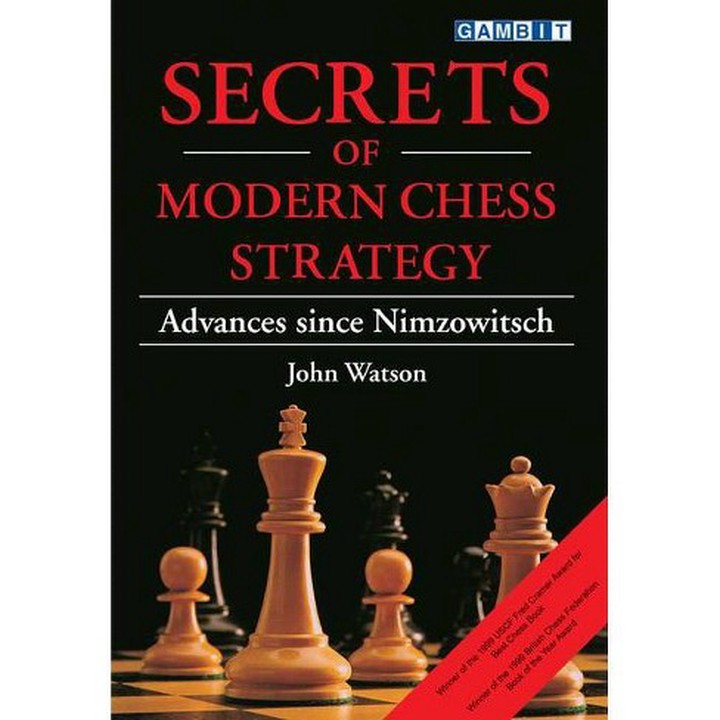
Anyone who has read this book will laugh at the idea of this being someone's first chess book, but this emphasises my point - it's difficult for new players to know where to begin with chess books. I picked this book up for the simple reason that I didn't know what I should study and strategy seemed like a good place to start.
Unfortunately, I gave up before I even finished the first chapter. It's not a bad book, in fact I plan to try again when I have more experience, but it's completely unsuitable for beginners. The book is a reply to Aron Nimzowitsch's classic book "My System", at times going page-by-page through Nimzowitsch's original. When I got the book, I had never heard of Nimzowitsch, let alone read his book, so I was completely unready for it. A core idea of the book (I think) is discussing exceptions to the general principles of chess, but if you don't know the principles, the nuances of the exceptions will pass you by.
The book highlighted a crucial point for me and anyone who wants to study chess books - having an online analysis of the board is essential. Some people claim they like to move the pieces on a physical board, but this seems excessively time-consuming to me. You can make your own analysis study on Lichess, but this takes a lot of time. Finding a premade study of all the examples in a book, with the lines already entered is a lifesaver.
This book claimed to provide all diagrams as a Lichess study, but I couldn't figure out how to work it. After much trial and error (and an email to the publishers), I finally figured out that you have to click above the board on the Kindle desktop app. You can just tap the board on the Kindle mobile app but it doesn't work at all on my Kindle (probably because it's too old).
Unfortunately, I tried to follow along, but the book throws out dozens of moves and multiple lines pretty casually which quickly overwhelmed me. One day I'll return, but for now I admit defeat.
FCO: Fundamental Chess Openings
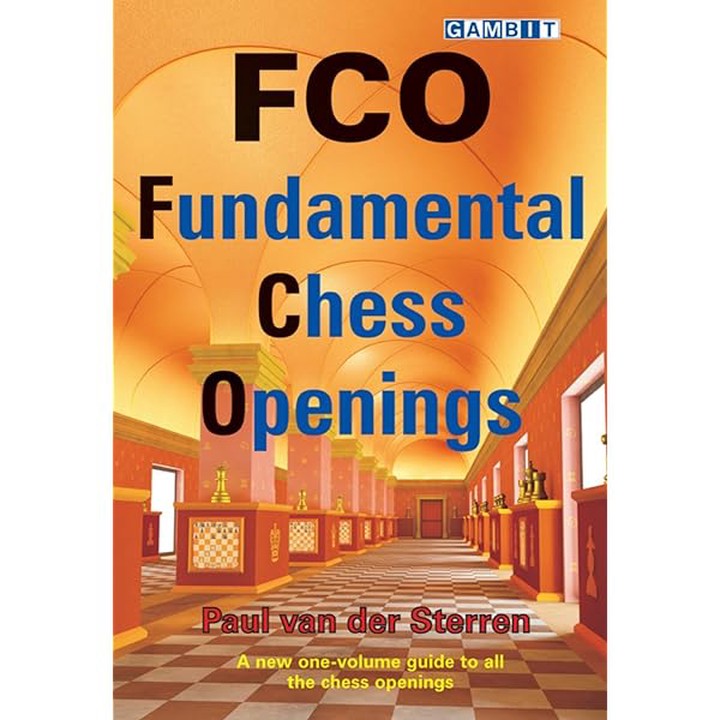
This book was also purchased in my "I don't know what chess books to buy" phase where I was basically guessing and decided that the opening is a section you use in every game so it might be worth studying. This book has an encyclopedic format, so you don't have to read it in any order, you can just skip to whichever opening you want to study.
I had hoped that it would inspire me to pick up new openings or perhaps give me a deeper knowledge of the openings I play. Unfortunately, I can't say this has happened. Again I found myself overwhelmed by an avalanche of lines and sidelines with a complexity beyond my understanding. I don't think I was ready to dive into theory and my games bore little resemblance to the supposedly mainlines of theory. I regularly play the Sicilian Dragon but I've never had a single game that matched the supposed "mainline".
This book is best if you want to consult a specific line or want to brush up on an opening you play. But if you are looking to explore new openings and want an introduction, then this book is probably too dense for you.
The Amateur's Mind
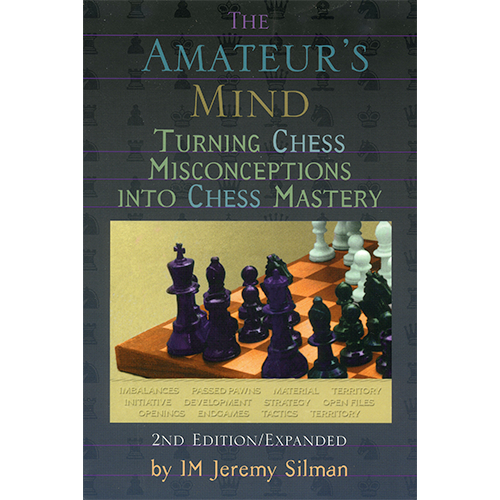
After struggling through my first two books, I finally found a book that suited me. This is an amazing book and I highly recommend it. What makes it so special is that it is based on chess students, so it teaches to their level.
The format is clear, the author takes a concept, explains it in clear and understandable language and then gives a position to his student to highlight the concept. The student then has to explain their thought process out loud as they make every move. Silman writes this down and analyses it, explaining what the student got right and where they went wrong. This is extremely useful because my thought pattern would resemble the student's so I learned a lot from seeing where they went wrong.
Silman admitted there were a lot of times when the students surprised him, by misunderstanding the position or failing to grasp concepts that seemed obvious to him. That's what makes this book so helpful, it talks to students at their level, not at an expert level.
Furthermore, the book is structured in a very learner friendly way. Each chapter starts by explaining a concept, showing a game to illustrate it, then a student trying (and usually failing) to master the concept, ending with a summary of the key points. Not only is this a very effective method of learning, but it also makes it easy to flip through the book for a quick refresher.
Silman's Complete Endgame Course
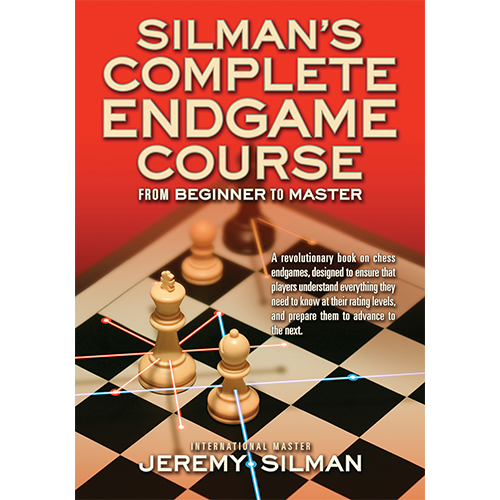
After being impressed with The Amateur's Mind, I decided to try another Silman book, this time on endgames. It's a weighty brick of a book with over 500 large pages covering every aspect of the endgame. There is a good mixture of theory and practice, with each principle explained and then several examples where you can test how well you understand the concept. Silman seems to be the master of chess instruction and in my opinion, his books are the best for improving your chess.
While the size of the book is intimidating, it is divided into sections based on your level. So, you can progress through the book until you reach your limit and then stop. This is what I did, I read half of the book and then moved on to another topic. This means that players of all levels will learn something from the book, even if it's just in the first chapter, but perhaps only more experienced players should buy it.
The only downside is that I find endgames boring and tedious and to study (which is not the fault of the book), which is why I decided to move on to other areas. There's no point being a master of endgames if I'm getting crushed in the middlegame. Either way, this book certainly gave me a lot more knowledge on how to play endgames.
Logical Chess: Move by Move
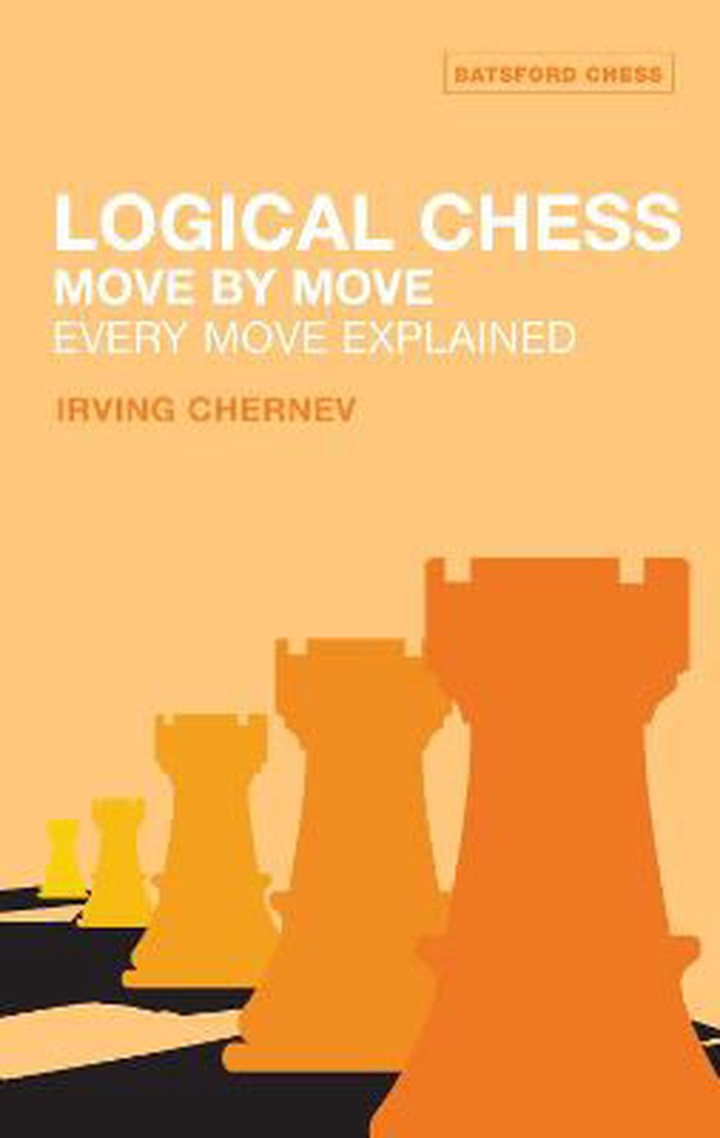
After struggling with several books that were too dense for me, I finally found a book at the right level. In fact, I would recommend Logical Chess as everyone's first chess study book. What makes it so good? Well, the main advantage is the format of the book is clear and understandable. The book is a collection of 33 games where the author adds a short explanation after every move, explaining the idea behind the move.
The book doesn't overwhelm you with dozens of moves in potential sidelines or expect you to have a deep understanding of theory. Instead, it explains every move is a simple way that anyone with a reasonable experience of chess would understand. For example, every time a game opens with e4, the author explains it as if it is the first time, yet somehow manages to explain it in a new way.
The games used are mainly from between 1890 and 1930, but that doesn't mean they are out of date. While the popularity of openings has changed since then, the fundamental principles of chess strategy mean that a player today can still learn a lot from the games of Alekhine.
After studying this book sometimes I would narrate my games in my head as if I was Chernev, explaining the reasoning behind each move I and my opponent made. The fundamental idea that every move should have a purpose is one that has greatly improved my chess.
Art of Attack in Chess
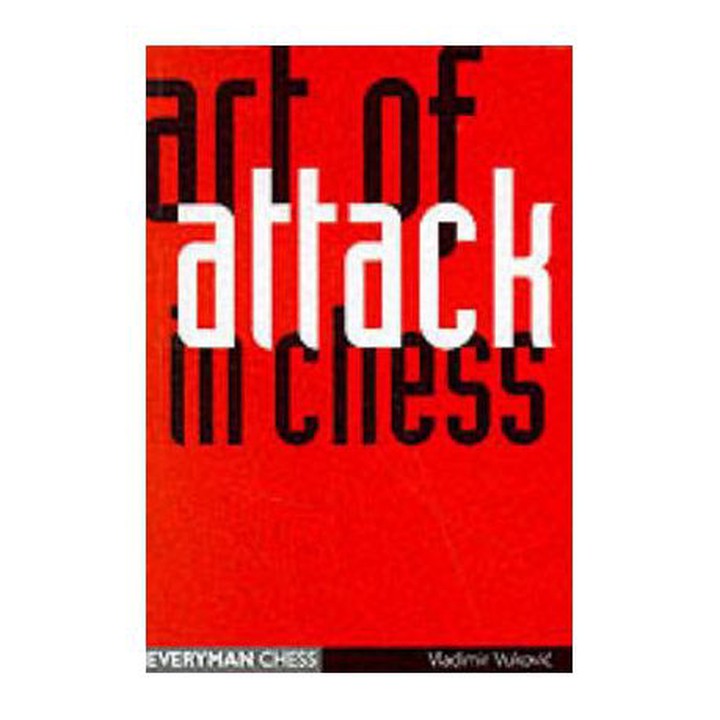
Now for my most controversial opinion - I didn't like this book. I know this is book is highly praised and a lot of people have said it helped them improve, but unfortunately it didn't help me. This is just my experience, perhaps it will help you, but let me explain why it didn't work for me.
My problem was the book isn't really an instructive book, in fact it felt more like "Example of attack in chess" would be a better title. Most of the book is comprised of examples of attacks launched in chess games, but there's almost no instruction and little analysis. There are even a few examples of chess games with just the moves listed and no commentary at all!
Many of the examples involve sacrificing material, sometimes even a Queen, but doesn't explain why the sacrifice is being made or how to tell if it will pay off. There is no explanation of when you should or should not launch an attack or how to know when a sacrifice will work. I got halfway through the book, but didn't feel like I was actually learning anything.
One exception is the chapter on the Greek Gift (although the term isn't used). This chapter explains the idea behind the sacrifice and the necessary conditions you need to check before launching the attack. It then examines the different defences your opponent may mount and how to knock them down. It's a very useful chapter, but it also shows what is missing from the rest of the book. The other chapters don't have anything close to this level of analysis and explanation.
Another problem I had is that a lot of the analysis is just wrong. At multiple points in the book, the author will say a certain move is winning, but a computer shows that it is completely losing (and vice versa). Many of these errors are noted in footnotes to the new edition, but it still undermines trust in the author's analysis.
Recommendations
So what books would I recommend from my fumbling experience? I would start by recommending Logical Chess as everyone's first chess book. It explains the fundamental principles in a clear and simple manner that everyone can understand. Best of all, it doesn't scare people off by drowning them in a sea of sidelines and potential moves (which I suspect happens to many people the first time they try to study a chess book).
Then move onto The Amateur's Mind because you're probably making the same mistakes that the students in the book are making and the book so well-written that you'll quickly learn a lot of new concepts that will improve your chess knowledge.
Those are the two books I fully recommend without hesitation, the others are suitable for some players, but only under the right circumstances. Once I've read a few more books, I'll give a full beginners guide of books I'd recommend. At the moment, I'm studying How to Reassess Your Chess by Jeremy Silman and I strongly recommend it (but you should read Amateur's Mind first).
More blog posts by TeoKajLibroj

Has the chess boom reached OTB tournaments?
Have Irish tournaments experienced the chess boom?
Kiel ludi ŝakon pli bone
Jen konsilo por kiel plibonigi vian ŝakon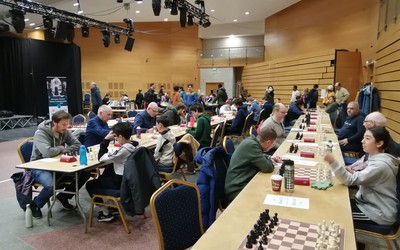
This tournament was a trip down memory lane
Returning to my old college for the first time in 10 years
